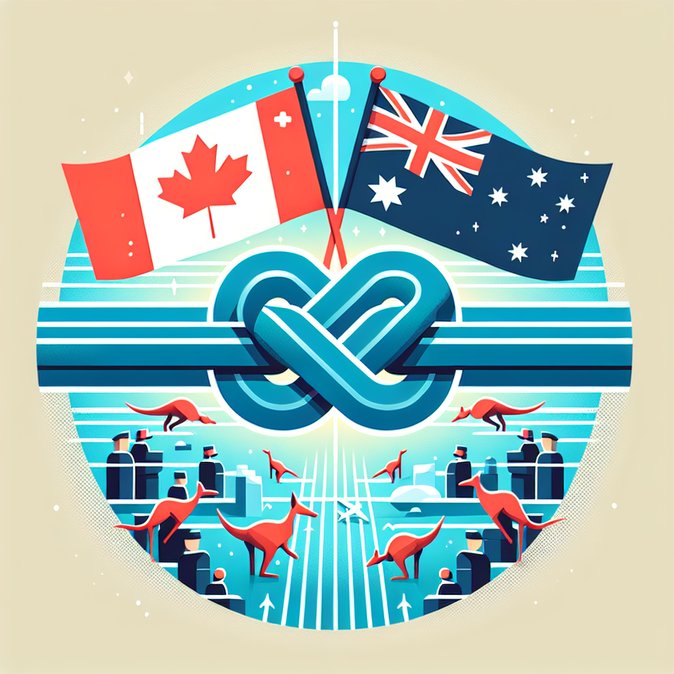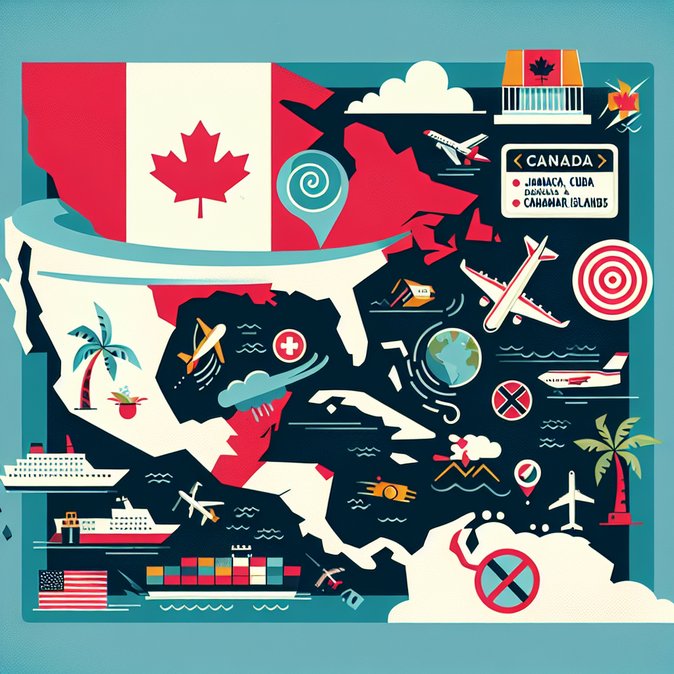
On 19 November 2025, the Canada Border Services Agency (CBSA) and the Australian Border Force signed a bilateral Customs Mutual Assistance Agreement (CMAA) in Wellington, New Zealand. The treaty will facilitate real-time information sharing on customs offences, trade-based money-laundering and supply-chain security, bolstering enforcement without impeding legitimate commerce.
For global mobility teams, the pact signals closer alignment of Canada’s border screening protocols with those of another trusted ‘Five Eyes’ partner. Companies that move high-value cargo or deploy staff between the two countries—particularly in mining, aerospace and agribusiness—can expect more coordinated inspections and possibly smoother clearance for low-risk consignments enrolled in trusted-trader programmes.
![Canada and Australia Sign Customs Mutual Assistance Agreement to Strengthen Border Cooperation]()
Once tabled in Canada’s House of Commons for the mandatory 21-sitting-day review, the agreement will allow CBSA and Australian counterparts to exchange advance shipment data, targeting profiles and investigative findings. This mirrors existing CMAAs Canada maintains with the United States, the EU and the United Kingdom, and is part of Ottawa’s Indo-Pacific Strategy to deepen economic ties in the region.
While primarily focused on goods, enhanced intelligence flows often spill over to passenger movements. Frequent business travellers may see refined risk scoring and, over time, shorter secondary-screening queues at major airports. Companies should ensure that compliance teams understand both countries’ export-control regimes, as joint audits are likely to increase.
The agreement does not change visa or work-permit rules, but it does lay groundwork for future ‘single-window’ customs systems that could eventually integrate employer compliance data—a development expatriate managers will want to monitor.
For global mobility teams, the pact signals closer alignment of Canada’s border screening protocols with those of another trusted ‘Five Eyes’ partner. Companies that move high-value cargo or deploy staff between the two countries—particularly in mining, aerospace and agribusiness—can expect more coordinated inspections and possibly smoother clearance for low-risk consignments enrolled in trusted-trader programmes.

Once tabled in Canada’s House of Commons for the mandatory 21-sitting-day review, the agreement will allow CBSA and Australian counterparts to exchange advance shipment data, targeting profiles and investigative findings. This mirrors existing CMAAs Canada maintains with the United States, the EU and the United Kingdom, and is part of Ottawa’s Indo-Pacific Strategy to deepen economic ties in the region.
While primarily focused on goods, enhanced intelligence flows often spill over to passenger movements. Frequent business travellers may see refined risk scoring and, over time, shorter secondary-screening queues at major airports. Companies should ensure that compliance teams understand both countries’ export-control regimes, as joint audits are likely to increase.
The agreement does not change visa or work-permit rules, but it does lay groundwork for future ‘single-window’ customs systems that could eventually integrate employer compliance data—a development expatriate managers will want to monitor.


